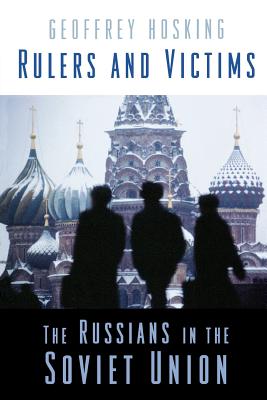Expedite your nonfiction book discovery process with Readara interviews, summaries and recommendations, Broaden your knowledge and gain insights from leading experts and scholars
In-depth, hour-long interviews with notable nonfiction authors, Gain new perspectives and ideas from the writer’s expertise and research, Valuable resource for readers and researchers
Optimize your book discovery process, Four-to eight-page summaries prepared by subject matter experts, Quickly review the book’s central messages and range of content
Books are handpicked covering a wide range of important categories and topics, Selected authors are subject experts, field professionals, or distinguished academics
Our editorial team includes books offering insights, unique views and researched-narratives in categories, Trade shows and book fairs, Book signings and in person author talks,Webinars and online events
Connect with editors and designers,Discover PR & marketing services providers, Source printers and related service providers

Rulers and Victims: The Russians in the Soviet Union
History > Russia & the Former Soviet Union
- Belknap Press
- Paperback
- 9780674030534
- 8.92 X 5.9 X 1.28 inches
- 1.43 pounds
- History > Russia & the Former Soviet Union
- (Single Author) Asian American
- English
Readara.com
Book Description
Many westerners used to call the Soviet Union Russia. Russians too regarded it as their country, but that did not mean they were entirely happy with it. In the end, in fact, Russia actually destroyed the Soviet Union. How did this happen, and what kind of Russia emerged?
In this illuminating book, Geoffrey Hosking explores what the Soviet experience meant for Russians. One of the keys lies in messianism--the idea rooted in Russian Orthodoxy that the Russians were a chosen people. The communists reshaped this notion into messianic socialism, in which the Soviet order would lead the world in a new direction. Neither vision, however, fit the community spirit of the Russian people, and the resulting clash defined the Soviet world.
Hosking analyzes how the Soviet state molded Russian identity, beginning with the impact of the Bolshevik Revolution and civil war. He discusses the severe dislocations resulting from collectivization and industrialization; the relationship between ethnic Russians and other Soviet peoples; the dramatic effects of World War II on ideas of homeland and patriotism; the separation of Russian and Soviet culture; leadership and the cult of personality; and the importance of technology in the Soviet world view.
At the heart of this penetrating work is the fundamental question of what happens to a people who place their nationhood at the service of empire. There is no surer guide than Geoffrey Hosking to reveal the historical forces forging Russian identity in the post-communist world.
Author Bio
Geoffrey Hosking, one of the world’s preeminent scholars of Russian history, provides a unique perspective on the rapid changes the country experienced in the late 1980s. Other books have focused on the political changes that took place under Gorbachev; Hosking’s lively analysis illuminates the social, cultural, and historical developments that created the need—and openness—for sweeping political and economic change.
Los Angeles Times Historical Book Prize in 1986 was awarded to A History of the Soviet Union and History Book Prize U.S. Independent Publishers in 2002 was awarded to Russia and the Russians: A History.
Source: and Harvard University Press and The British Academy
Videos
No Videos
Community reviews
No Community reviews

